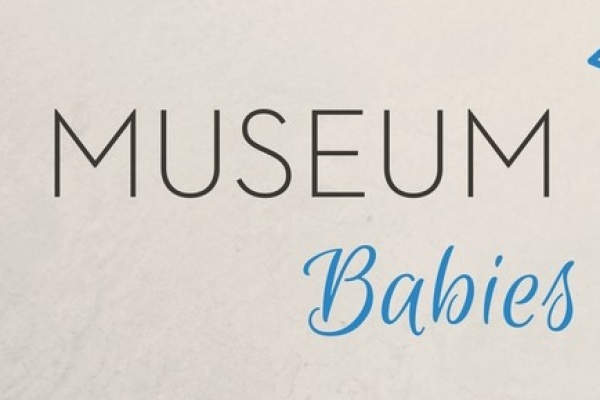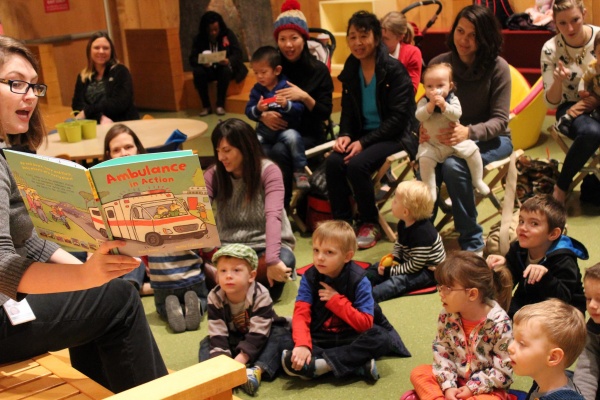
Brain Boost: Speed up Your Child’s Processing Rate
It’s a couple of weeks into the school year … how’s it going? If your answer is “not so hot,” maybe your child could use a boost to get onto the right track.
On page 28 of our Fall issue (yes, it’s now available digitally as well as in print!!), writer Gina Parsons shares local educators’ insights into possible problems and solutions. Some kids will benefit from testing for learning issues; others may get all the help they need from a tutor.
Another option is a computerized learning program that zeroes in on brain processing skills. Don’t let your eyes glaze over – this is fascinating stuff. Our brains are sort of like computers. They have a processing speed. But because we’re on the inside, we may not be aware that our mental “computer” is running more slowly than it could be. To someone on the outside – for example, you watching your child – the poky pace may be more apparent.
“Speed of processing is absolutely essential,” said Dr. Paula Tallal, a cognitive neuroscientist who helped develop a computerized language intervention called Fast ForWord about 15 years ago. That program is only available in a professional setting, but a new one derived from it is now being made available for the first time for used at home by parents. BrainPro is for children whose brains could be processing faster, sequencing info more correctly, recalling it better and paying attention longer – yes, it turns out that we can train our brains to do all of this. How cool is that?
“The brain is highly modifiable in terms of these basic building blocks for learning,” Tallal said. BrainPro uses game-like exercises to challenge children’s abilities just enough. The program’s smart algorithms adapt individually to each child’s level, mouse click by mouse click, to make sure kids’ answer accuracy rate stays around 80 percent. It ratchets up the difficulty of the exercises kind of like your trainer at the gym gets you lifting heavier weights, adapting to each individual. Remote support tutors help parents monitor their child’s progress.
“The intent is to improve basic cognitive skills and language processing skills in terms of being able to really process the components of language and especially the sounds inside of words. To become a proficient reader, the child must become aware that it is the sounds inside of words that go with the letters. so these must be heard correctly and in the right order ,” Tallal said. “Spoken language is very important in the school years, not only because it is the foundation for reading, but also because a large percentage of what goes on in classrooms is the teacher standing up talking.” Children who have difficulty keeping up in the early grades may continue to struggle because “teachers use more complex language as you get older,” Tallal said.
Parents use complex language too. “A lot of times, parents think their kids are just not being cooperative, but it may well be that they gave them a series of commands that are more than their brains can process, remember, sequence and then take action on.”
A tool that helps with schoolwork AND chores? Sign me up.
In all seriousness, Tallal, co-director of the Center for Molecular and Behavioral Neuroscience at Rutgers University in Newark, N. J., is a great advocate for making sure all kids reach their potential. She appreciates all the resources schools put into improving curriculum, learning materials and training, but she points out that these approaches build content. “The one thing that is really new is the understanding that it is possible to improve the learning capacity of the brain the child brings to the classroom, ” she said.
When parents buy a BrainPro subscription, they get a highly intensive set of online “brain fitness” exercises plus the remote tutoring service. They monitor their child’s practice (and keep in mind, the exercises look like computer games) and the program sends their child’s data over the Internet to the tutor so that together they can track the student’s progress. After several weeks, the child’s brain will be able to process faster (which means they can take in more information), attend for longer periods of time, and retain more of what they learn and they “graduate” from the program. “Once your brain is operating at a more efficient level, it will keep practicing at that level as it learns in everyday life,” Tallal explained.
A unique feature of these computer programs is that they are highly individualized and adapt to the level that is optimal for each child, to assure a high level of success. Children as young as 5 through adults can use BrainPro (or another program, BrainSpark, that provides cognitive enhancement to children already doing well). “The most important thing is for a child to experience a high level of success in learning situations so they don’t get the idea they can’t do it, and turn off to learning.”
And the best news of all is that like physical fitness, the research shows that our brain can benefit from brain fitness workouts at any age, so it is never too late to start.
By Amy De La Hunt, Health Blogger for SmartParenting

Amy De La Hunt is a journalist and editor who lives in the St. Louis metro area and works across the country as a writer, copy editor, project manager and editorial consultant on everything from fiction books to monthly magazines to blog posts. When she's not chauffeuring her teenage sons to activities, Amy is an enthusiastic amateur cook, landscaper, Latin dancer and traveler. Follow Amy on Instagram @amy_in_words





















